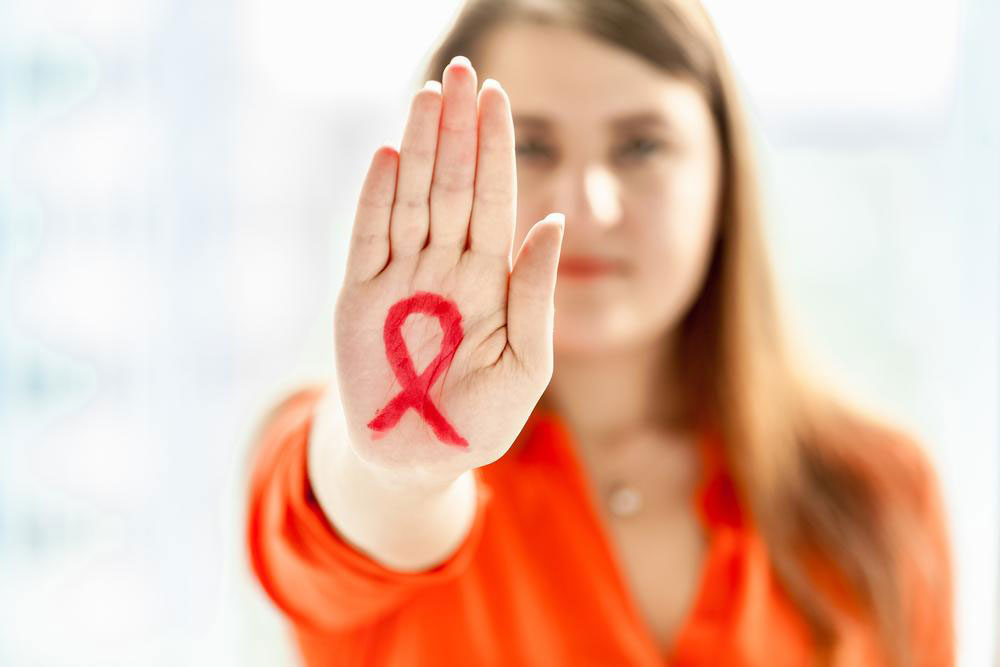Comprehensive Overview of Sexually Transmissible Infections: Types, Detection, and Prevention
This detailed guide covers common STIs, their symptoms, testing methods, and preventive tips. It highlights the importance of regular screening, safe sex practices, and vaccination to reduce infection risks, ensuring better sexual health awareness and protection.
Sponsored

Sexually transmissible infections (STIs) are infections transmitted primarily through sexual activity. These conditions are more common than many realize, often presenting without symptoms, making awareness crucial. Fortunately, most STIs are treatable.
Common STI Types
The main STIs include:
Chlamydia
A widespread bacterial infection that is easily treatable.
Genital warts
Caused by the human papillomavirus, leading to growths around the genital and anal areas.
Gonorrhea
A bacterial STI, often symptomless but straightforward to treat.
Molluscum contagiosum
Causes small skin bumps; typically resolves independently.
Hepatitis B
A viral infection that can lead to liver complications.
Herpes
Causes sores on genitals or mouth; symptoms can be managed but no cure exists.
HIV
Severely affects immune health and may progress to AIDS, though treatment enables healthy living.
Maintaining health with HIV is possible with proper care.
Syphilis
A bacterial infection easily treated; untreated cases may cause serious health issues.
Detection Methods
Regular testing is key to preventing complications from STIs. Blood tests can identify late-stage syphilis and HIV, while urine samples detect other infections. For sores, fluid sampling helps diagnosis. Routine screenings are vital even without symptoms, especially for sexually active individuals, those over 50, people with HIV, and expectant mothers.
Preventive Measures
Using condoms consistently is highly effective in preventing STIs. Avoid sharing underwear or towels with infected persons. Thorough hygiene after sex is recommended. Vaccinations exist for hepatitis B; consult a healthcare provider. Regular HIV testing is advised for sexually active individuals. If diagnosed, abstain from sex until treatment completion to prevent transmission.






